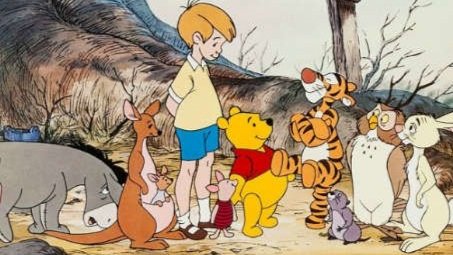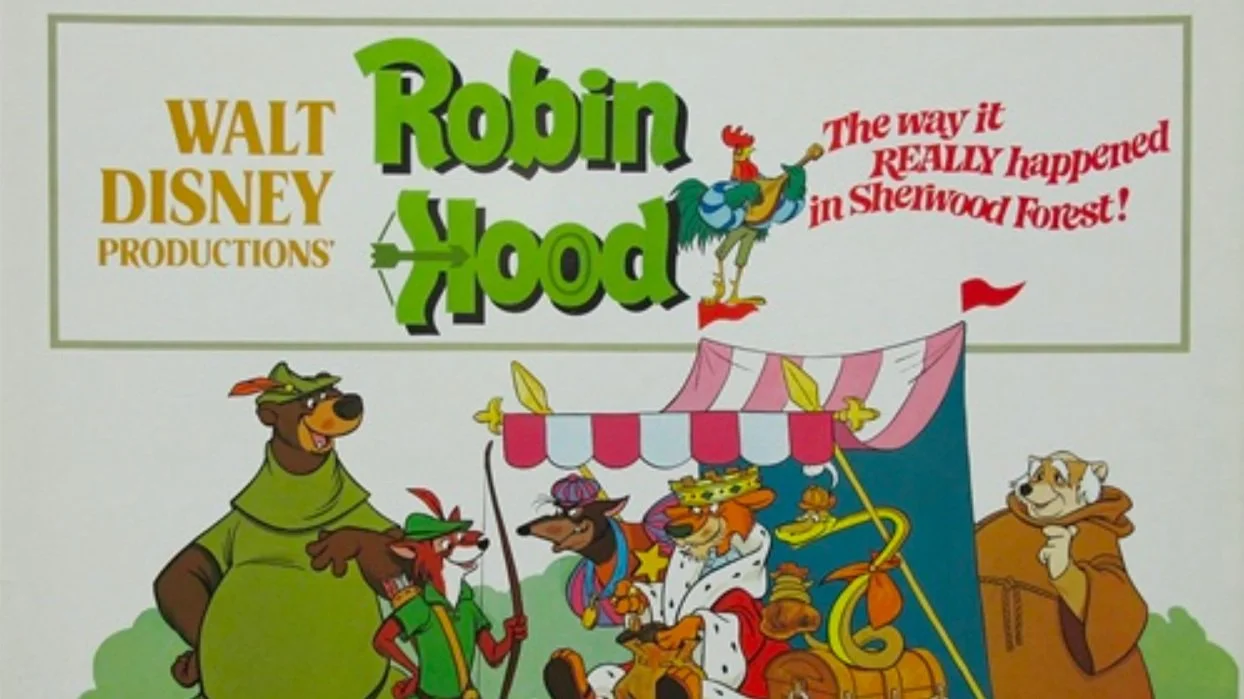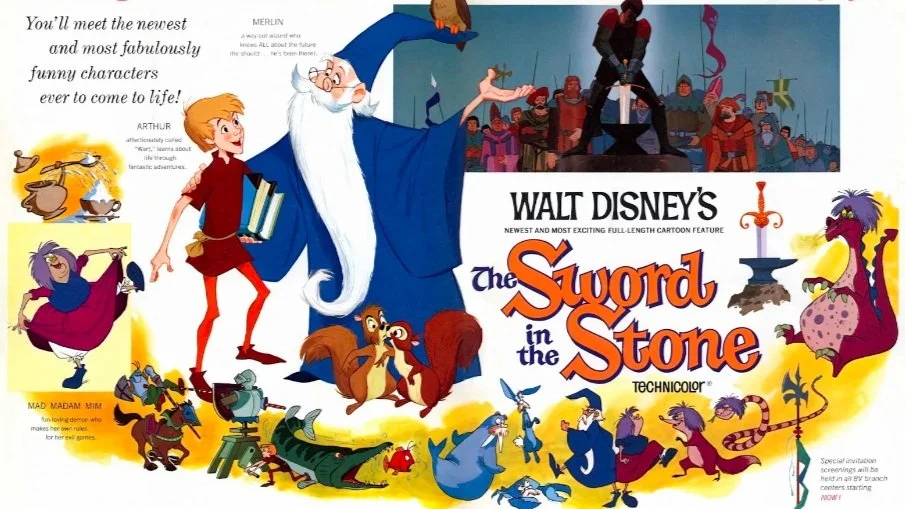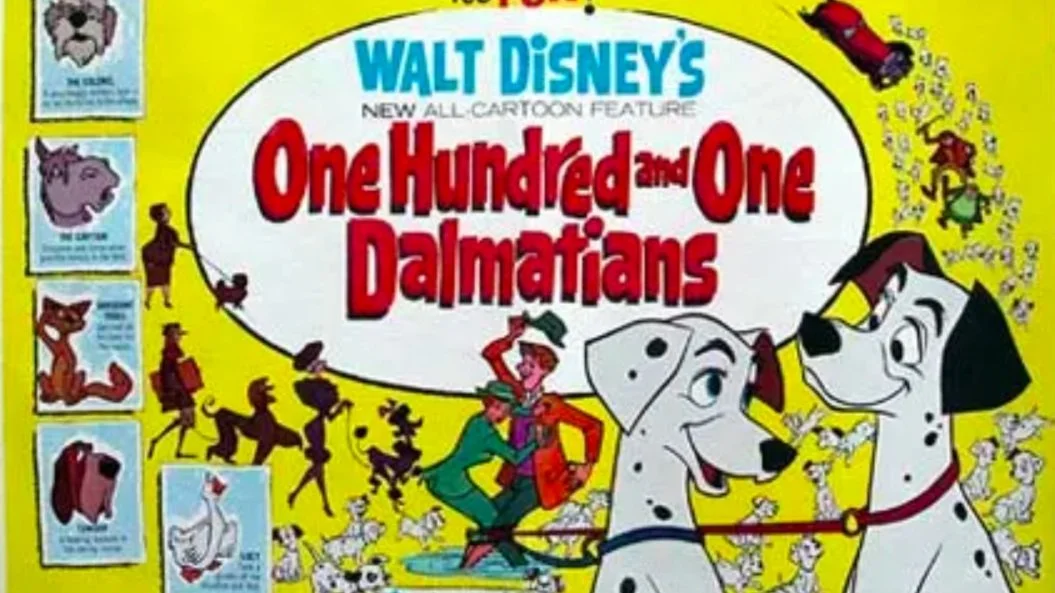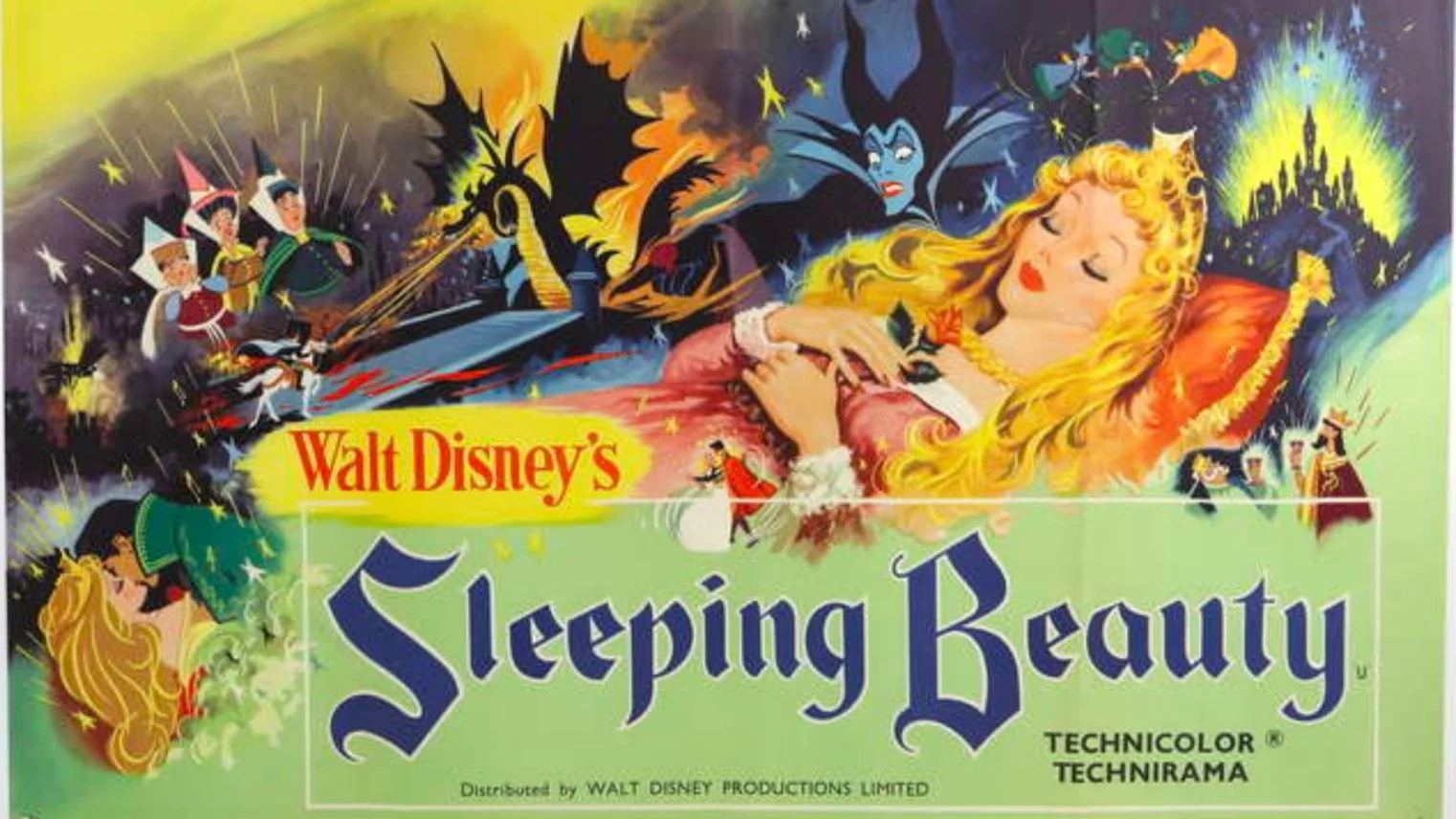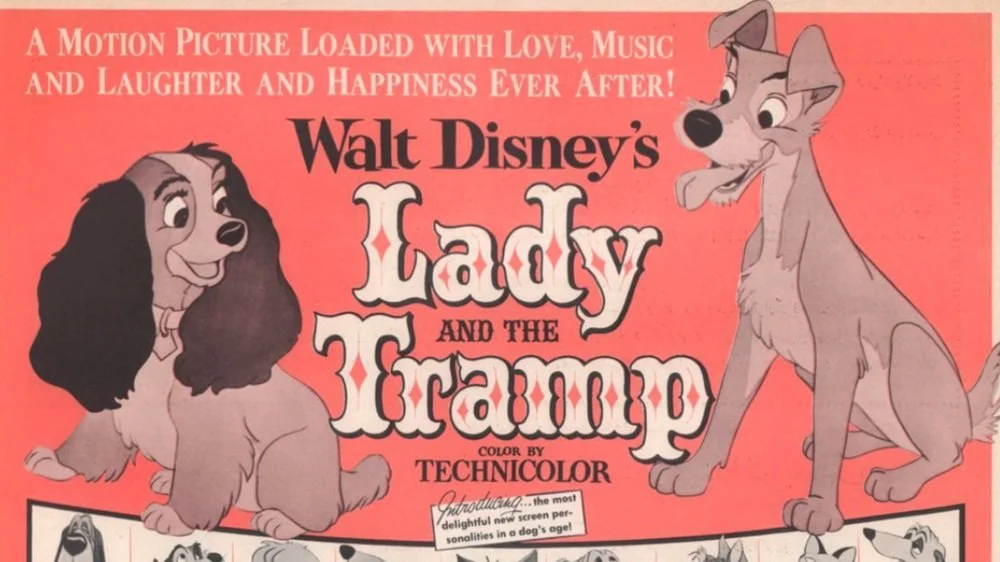On Screen Projection: Men in Black
Even when you think Hollywood has given up, you’re wrong. Franchise filmmaking is clearly in no danger of dying. Seven years after Men In Black 3, the suits have returned, albeit in a different location on a different cast. Men In Black: International stars MCU alums (speaking of unstoppable franchises) Tessa Thompson and Chris Hemsworth. As in previous iterations, the plot will likely focus on a new partner working their way through the odd world of aliens living among us. It remains to be seen if they can recapture the magic of Will Smith and Tommy Lee Jones from the original (read our review here) , but it did get me to thinking about that movie.
And let’s talk about Men In Black for a moment. It is an intensely weird blockbuster. It is many things; science fiction, comedy, body horror, and even a buddy cop movie. But in rewatching it, I find that the movie is really about going through phase of life changes. This is true of both of our main characters, as well as some of the supports. After all, the film both opens and closes with the “retirement” of agents via memory loss. In between, much of the focus is on Agent J (Will Smith) growing into his new role as an agent of the MIB.
But before we get too deep into that, Men in Black, with a few mild exceptions, holds up despite being 22 years old. Smith, as Agent J, is already comfortable in his brash personality style. So comfortable that it is easy to forget that this film is near the beginning of his filmography, fresh off of two massive hits in Independence Day and Bad Boys. The film leans heavily on his likeability in the first act, and Agent K (Tommy Lee Jones) is the perfect foil for that youthful exuberance. If you’re going to cast someone as a grumpy older agent stuck in his ways, Jones is practically created in a lab for just this purpose. The interactions between the two of them work comedically, as well as dramatically. If the audience doesn’t care about K’s past, and his sensitivity regarding it, then the impact of both the beginning and the ending of the film fall flat.
Aside from the leads, the other standout performance is that of Edgar (Vincent D’Onofrio). After the “bug” takes over his body and wears the “Edgar suit,” D’Onofrio’s physicality sells every single moment that he is onscreen. It is equal parts hilarious, disturbing, and horrifying. Although we laugh at the performance, when he needs to be intimidating D’Onofrio’s size and commitment to the role don’t allow us too merely mock it. The bugs are vicious killers and everyone in the galaxy is within their rights to fear them to the point of planetary extinction (Sorry, earthlings).
In terms of the psychology of changing life phases, it is broadly accepted that while maturing and change in stage is a social construct, most humans do experience life in this manner. There are numerous theories in terms of these stages, but one of the most widely accepted is that of Erik Erikson. In each of these stages, Erikson detailed a particular crisis to solve, a virtue, a significant relationship, and an existential question to ponder. In the case of Agent K, he is clearly in the Late Adulthood Stage, which usually occurs at age 60 and above. Through all of his experience, the virtue he should be trying to achieve is wisdom. The crisis is ego identity vs. despair. At that age we are trying to decide if it was okay to have been ourselves. Essentially, we are reflecting on life. If we have lived a good life, our ego wins out. If we have not, despair sets in.
But what about Agent K? It would be easy to say yes, he makes a wise choice and returns to his previous existence before joining the MIB. But let’s look closer. That wisdom that Erikson talks about must include the experience of your entire life. Out of all the choices we make, is it okay to have been me? K, on the other hand, even states that there are many memories (and personal choices) that he would rather forget. Wouldn’t we all love that option? To return to what seems like a charmed life with the details filled in with positivity. Now, it is not his fault. The MIB can’t exactly let him walk around with this knowledge. This is set up in the very beginning as his previous partner retires. Agent K makes the best (and wisest) choice available to him, but probably does not technically pass the test as far as this phase of life.
The disparate ages of the agents and these journeys are one of many things that helps Men In Black stand the test of time as a blockbuster. Given the fact that the stars of Men in Black: International are both young, it will be interesting to see what direction this story goes. Are they interested in a lasting story? Or will it remain a fun romp that just aims to birth more sequels? Only time will tell, but I personally look forward to a science fiction comedy with two leads who have charisma to spare.






